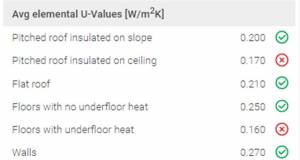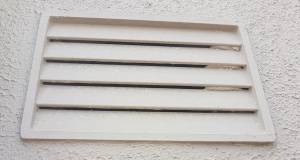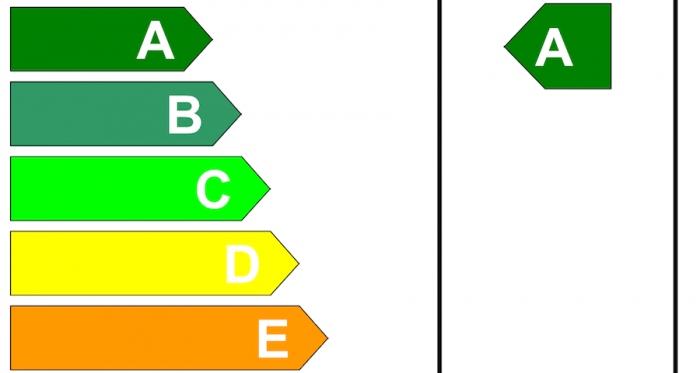Software errors create false NZEB compliance picture
Teething problems with the software used to generate Building Energy Ratings and determine compliance with Part L of the building regulations may be rendering it unfit for purpose, Passive House Plus can reveal.








